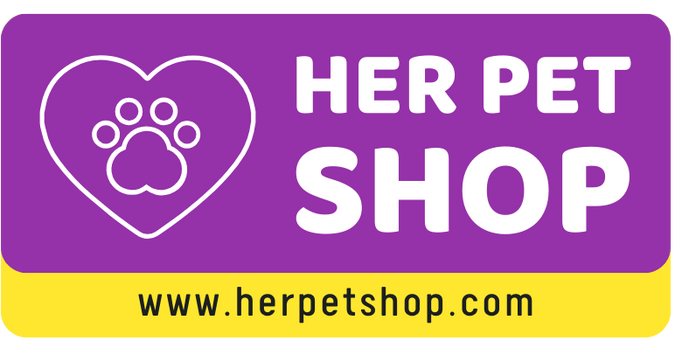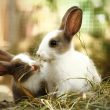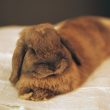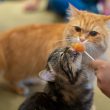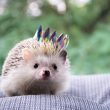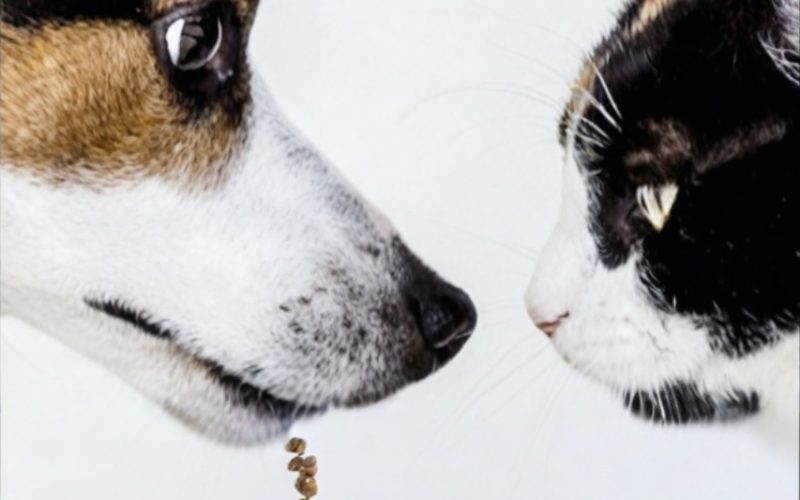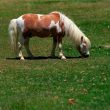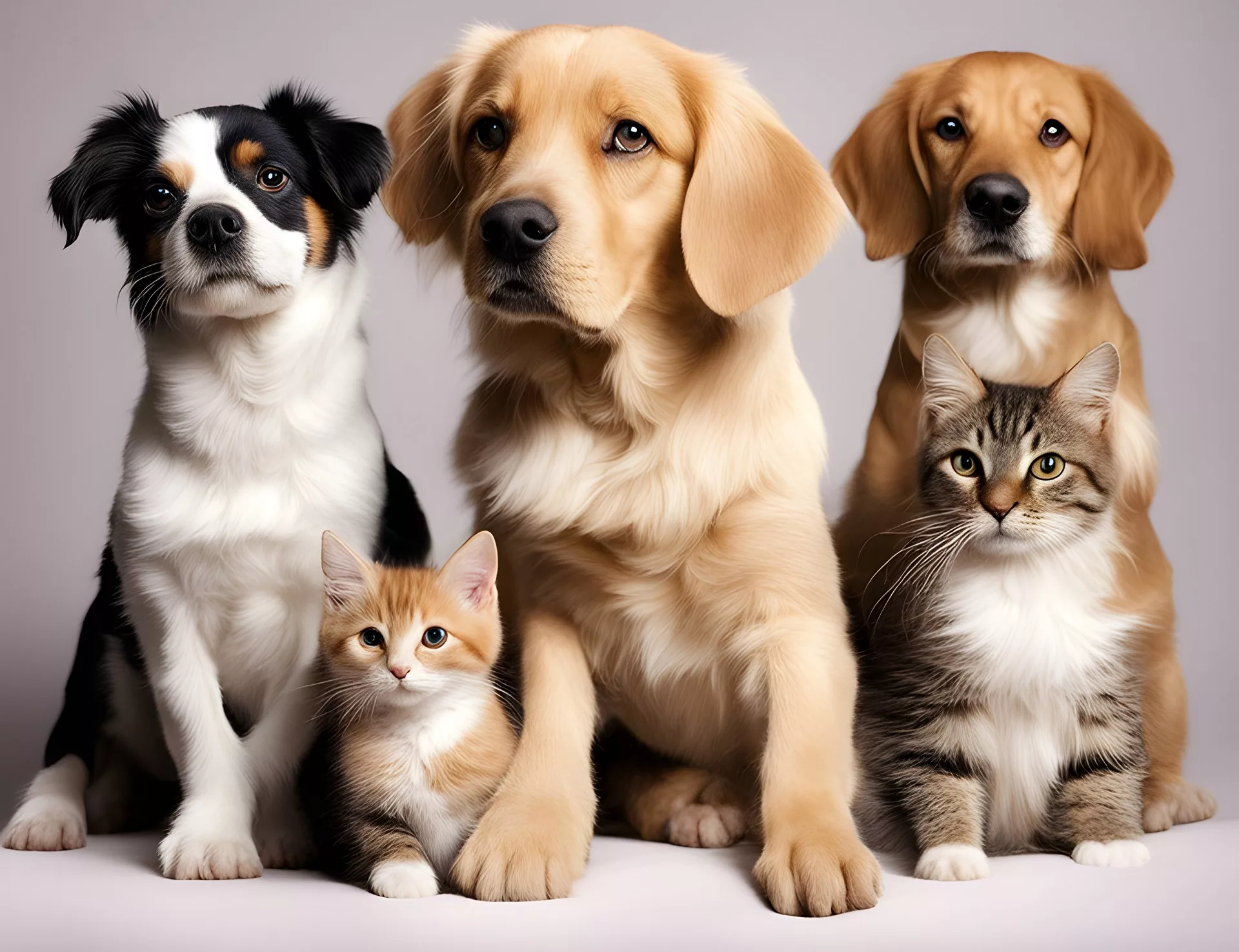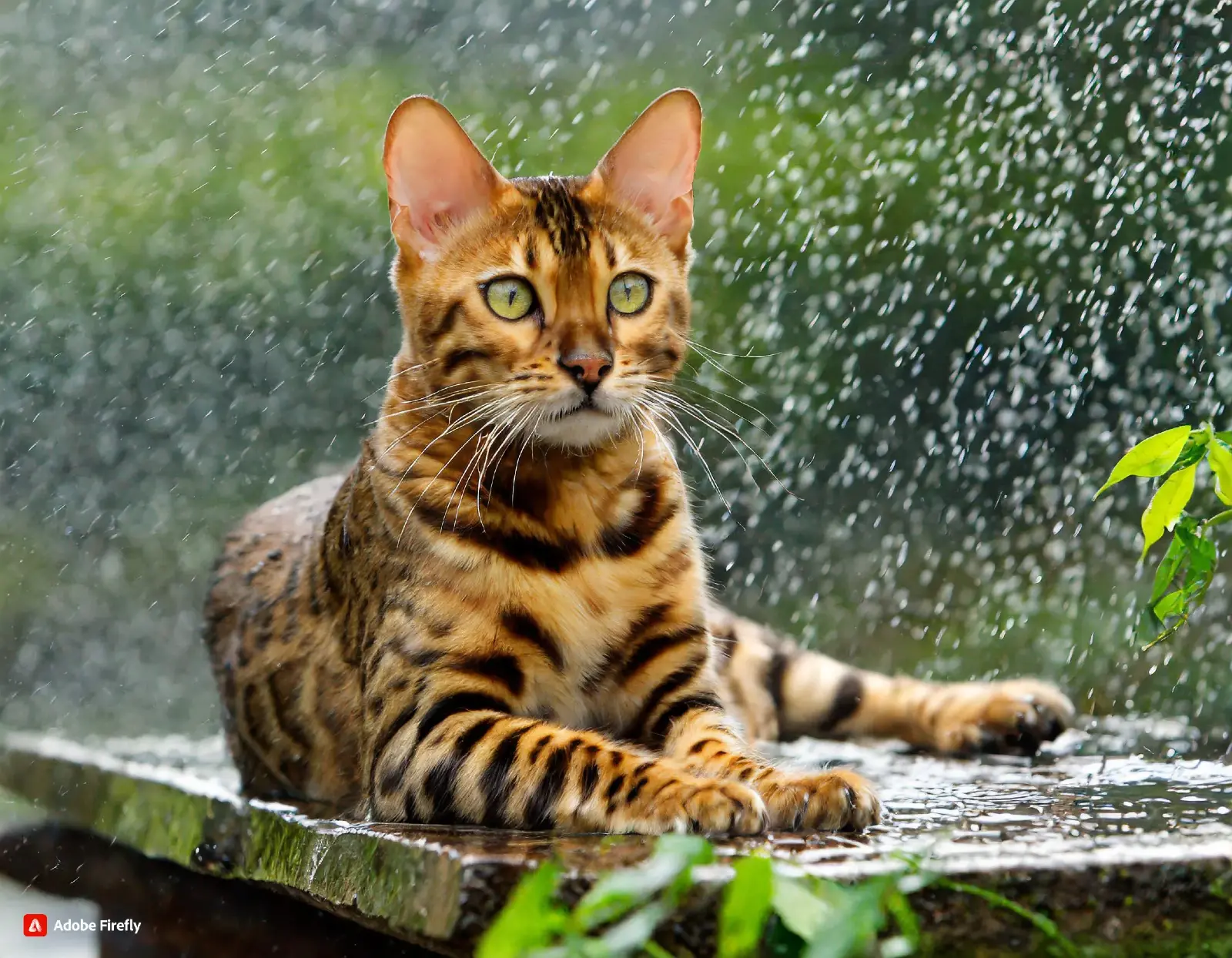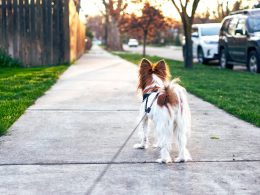Many pet owners may wonder whether it is safe for dogs to consume cat food and can puppies eat cat food. In this article, we will explore the differences between cat and dog food, the potential risks of feeding cat food to dogs, and provide tips and advice on how to feed your canine companion properly. You can also read about Best Pet Food and Treats for Your Pet
Generally, Can Puppies Eat Cat Food?
Dogs should not enjoy cat cuisine, as it can lead to pancreatitis or digestive issues like diarrhea. Cats and dogs have different nutritional needs, and cat food is not formulated for dogs. If your dog accidentally eats cat food, contact your veterinarian for suitable diet options.
What are the Implications of Puppies Eating Cat Food
Feeding your dog feline or cat food can have significant implications. While dogs are omnivores, their nutritional requirements differ from those of cats. Cat food is higher in protein and fat, potentially leading to obesity and dietary imbalances in dogs. Sticking to a balanced, species-appropriate diet for your adult dog is crucial to maintain optimal health. If your dog has eaten cat food, monitor for any gastrointestinal issues and consider consulting a vet if necessary. To prevent the problem, ensure your dog doesn’t have access to cat food by keeping the food bowl out of reach or separate feeding areas for dogs and cats.
How to Prevent Your Dog from Eating Cat Food
To prevent your dog from eating cat food, it’s crucial to recognize that cat food is bad for dogs due to their different nutritional needs. Here are three practical ways to prevent your dog from eating cat food:
1. Separate Feeding Areas: Keep the dog and cat food bowls in separate areas of the house and, if possible, in rooms where you can close the door to prevent the dog from accessing the cat’s chow. Ideally, place the cat’s meal in an elevated area or on a sturdy surface the dog cannot easily access.
2. Use Pet Feeding Stations or Automatic Feeders: Invest in pet feeding stations or automatic feeders specifically designed for cats. These feeders often have openings or entrances that are too small for dogs to fit through, allowing only the cat to access the food.
3. Supervise Feeding Times: If separating feeding areas is impractical, supervise your pets during mealtimes. Keep the dog away from the cat’s chow bowl while eating, and promptly remove any leftover cat food after the cat has finished. This way, the dog cannot sneak in and eat the cat’s food.
Additionally, you can try training your dog to leave the cat’s food alone using positive reinforcement techniques, such as rewarding them with treats or praise when they obey the “leave it” command around the cat’s food bowl.
Puppy Vomiting and Its Link to Cat Food
Puppy vomiting can sometimes be linked to the dog eating cat food, which is generally not recommended as a regular diet for dogs. Cat food may contain higher levels of protein and fat that can upset a puppy’s stomach, leading to vomiting or diarrhea. While dogs love the delicious cat kibble or wet food, it’s not balanced for their nutritional needs.
If your puppy regularly gets into the cat’s bowl and eats a significant amount of cat food, it could be the reason why they are vomiting. Cat food is formulated for the obligate carnivore dietary needs of cats, which differ from the varied diet that healthy adult dogs require. As a dog owner, it’s best to keep your cat’s food elevated or in a separate room where the puppy can’t reach it, and ensure they stick to a high-quality, balanced dry dog food or wet food specifically designed for dogs with pre-existing conditions, if any.
Can Dogs Eat Cat Food as a Treat?
If your dog accidentally eats cat food or treats, watch for any digestive upset and consult a vet if needed.
Difference Between Dog and Cat Diets
Cats require higher protein levels, fat, and certain nutrients like taurine. Feeding a puppy cat food regularly can lead to health issues like pancreatitis and diarrhea. Sticking to high-quality puppy food recommended by a veterinarian to ensure your puppy gets the proper nutrients for growth is best.
How to Feed Your Cat and Dog Appropriately
• Cats are obligate carnivores, so cat food is not balanced for dogs’ omnivorous diet and can be bad on a regular basis.
• Separate feeding areas. Keep your dog away from the cat’s bowl, cat tree with dry cat food.
• Use pet feeders preventing dogs from accessing cat food they love to eat.
• Supervise mealtimes. Remove other’s food leftovers.
• Offer appropriate portions – balanced dog foods for dogs, cat food for cats.
• Okay if your dog occasionally eats a small cat treat, but cat food not safe regularly.
• Train “leave it” command to prevent getting into cat food.
• Dogs may want cat food’s higher protein/fat, but unsuitable regular diet.
Carnivore vs. Omnivore: Dog Food
Dogs are omnivores, so their balanced dog food contains nutrients from plants and animals. In contrast, cats are obligate carnivores, meaning their diet of cat food is mostly animal-based proteins. While dogs can eat some cat food occasionally, it’s not safe on a regular basis as it lacks proper dog nutrition.
Obligate Carnivores: Cats and Their Nutritional Needs
Cats are obligate carnivores, requiring a diet high in animal proteins that obligate carnivores need. Their cat food is formulated differently from dog food, with more protein and fat to meet these nutritional needs. Dogs can’t thrive on a diet of cat food long-term.
Managing Diet and Habits
Training is key for managing a dog’s diet and habits. Teach your dog the “leave it” command to prevent them from eating the cat’s food. The reason why dogs want cat food is its higher protein content seems appealing to them.
Best Practices: Keeping Dogs Away from Cat Food
The best practice is using elevated feeders where the dog can’t reach the cat’s bowl. You can also place dry cat food in a room with a cat door, restricting dog access. Supervise when a dog and cat eat together to avoid food swapping.
Dry vs. Wet Food: Which is Safer for Dogs?
For dogs, dry dog food is generally safer than wet cat food. Wet cat foods are higher in protein and fats that can upset a dog’s stomach if eaten regularly. The difference is that cat food, whether wet or dry, isn’t balanced for an omnivore’s needs like dog food is.
Frequently Asked Questions about Can Puppies Eat Cat Food
Can puppies eat cat food?
It is not recommended for puppies to eat cat food as it is formulated specifically for cats and lacks the essential nutrients that puppies need for their growth and development.
Is cat food bad for dogs?
Yes, cat food is generally considered unhealthy for dogs as it does not provide the essential nutritional requirements that dogs need.
Is it safe for dogs to eat cat food on a regular basis?
No, it is not safe for dogs to consume cat food on a regular basis as it can lead to nutritional deficiencies and health issues in the long run.
What’s the difference between dog food and cat food?
Dog food and cat food are formulated differently to meet the unique nutritional needs of dogs and cats respectively. Cat food contains higher levels of protein and taurine which are essential for cats’ health but could be harmful to dogs.
Can I feed cat food to my dog occasionally?
While occasional consumption of cat food may not harm your dog, it is still not advisable as a regular part of their diet due to the lack of essential nutrients for dogs.
Is cat food balanced for dogs?
No, cat food is not balanced for dogs as it lacks the specific nutritional
